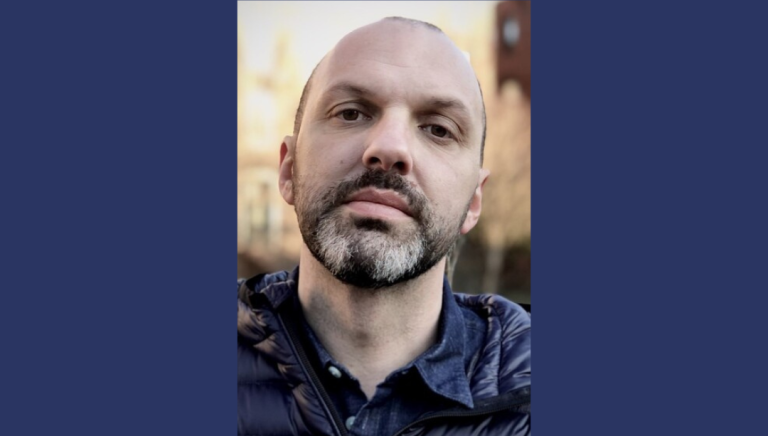Feeding the end of the world: agribusiness, pandemics, and Anthropocene in Brazil
25 April 2023, 5:00 pm–6:30 pm

Professor Jean Segata delivers the next Embodied Inequalities of the Anthropocene seminar, in collaboration with UFRGS Brazil and CIESAS Mexico
This event is free.
Event Information
Open to
- All
Availability
- Yes
Cost
- Free
Organiser
-
UCL Anthropocene
How does the way we have been eating feed the end of the world? To answer this question, the presentation describes how agribusiness produces a scenario of chronic destruction that is highly exploitive and makes humans, animals and environments sick. Based on research that analyses the high number of contaminations by COVID-19 in slaughterhouses in Southern Brazil at the beginning of the pandemic, this presentation addresses topics like the precarious, racialized and speciesist nature of this work and the intensive production of unhealthy ecologies that feed emerging pathogens. For him, the toxic activity of agribusiness synthesizes central themes of the debate on health and food in the Anthropocene while reproducing, in new configurations, the historically devastating social, sanitary and environmental conditions that have affected Brazil since colonial times.
Jean Segata is Adjunct Professor of the Department of Anthropology at the Federal University of Rio Grando do Sul (UFRGS) and is permanent staff of its Postgraduate Programmes of Social Anthropology and of the Social and Institutional Psychology. In 2018 he was Craig M. Cogut Visiting Professor for Latin American and Caribbean Studies na Brown University (USA). Currently he coordinates the Postgraduate Programme in Social Anthropology at UFRGS and is the PI of the Rede Covid-19 Humanidades Brazilian National Research Project.
The Embodied Inequalities of the Anthropocene (collaboration between UFRGS Brazil, CIESAS Mexico and UCL in the UK) brings together environmental, indigenous, biosocial, multispecies, gender and theoretical expertise in Medical Anthropology, to extend interdisciplinary engagement concerning how the Anthropocene epoch impacts on human health. Our group aligns interest and expertise in diverse fields of inquiry relevant to the embodied inequalities of the Anthropocene including gender, justice and power, indigenous health, well-being and sustainability.
 Close
Close

